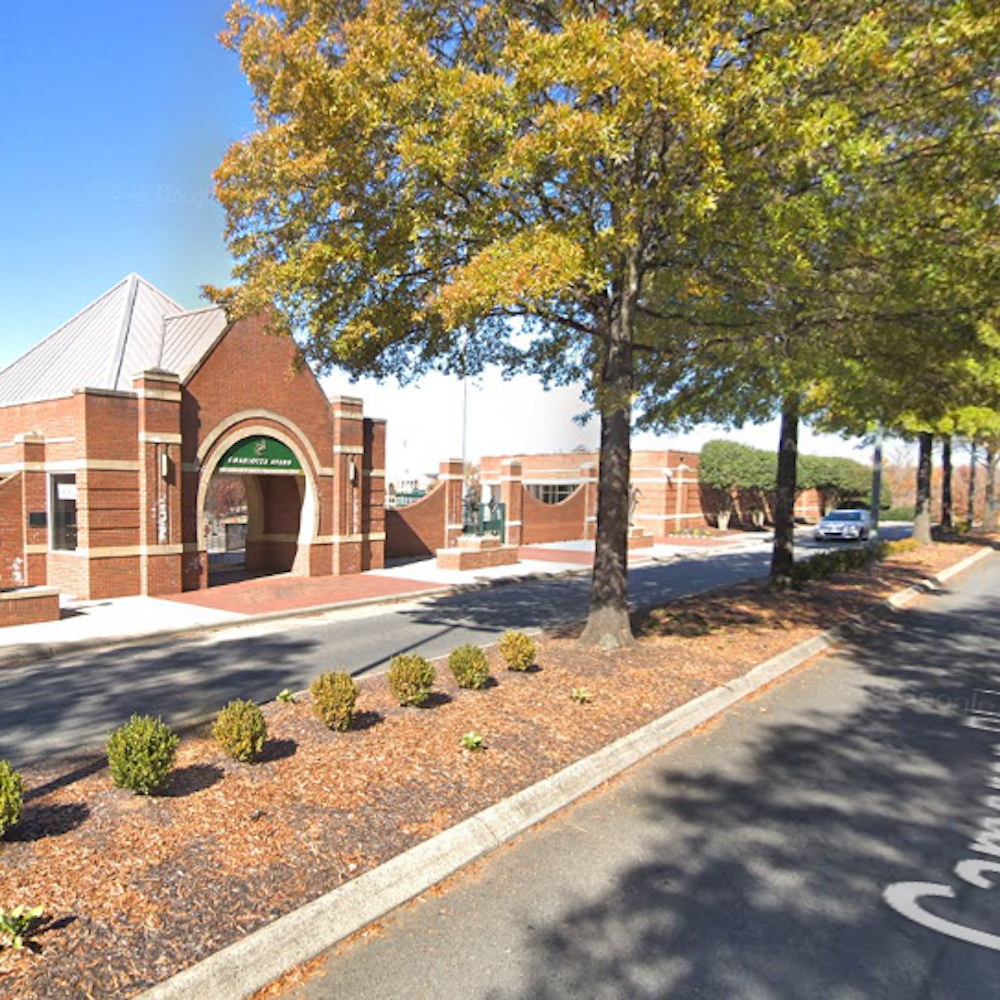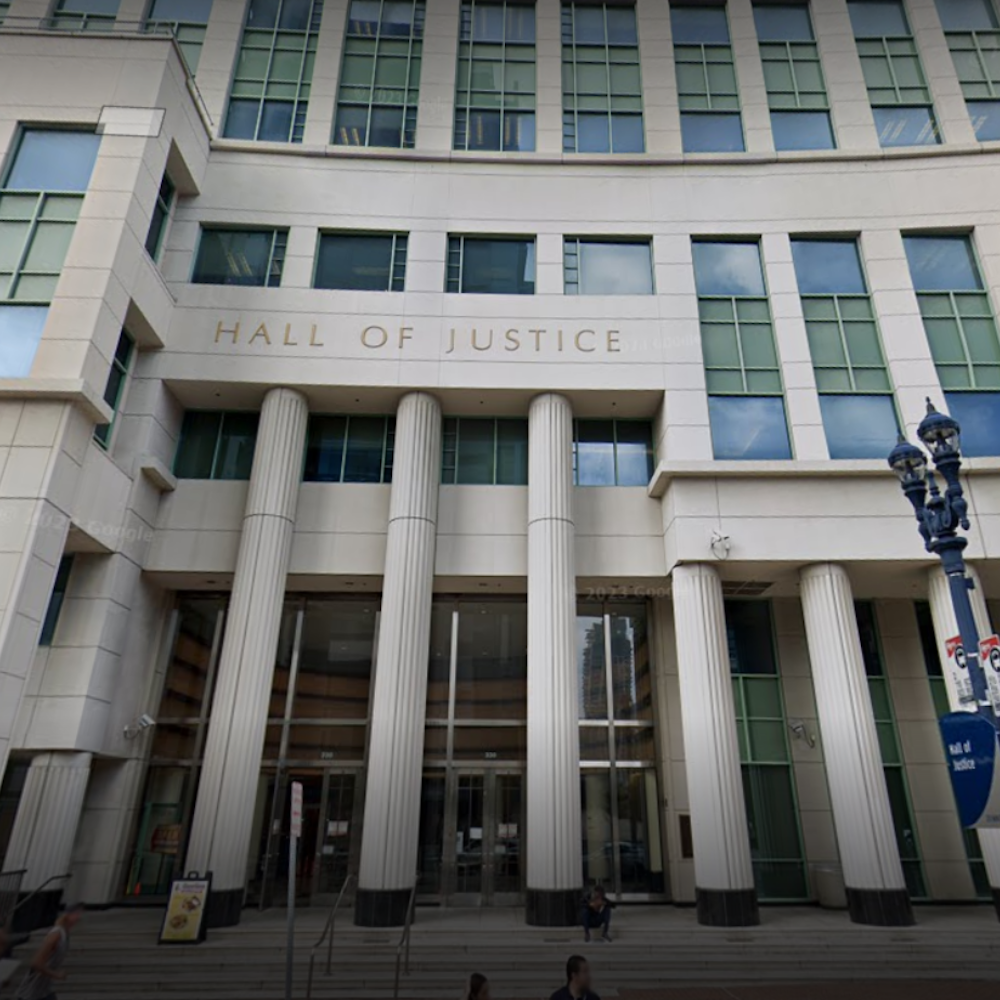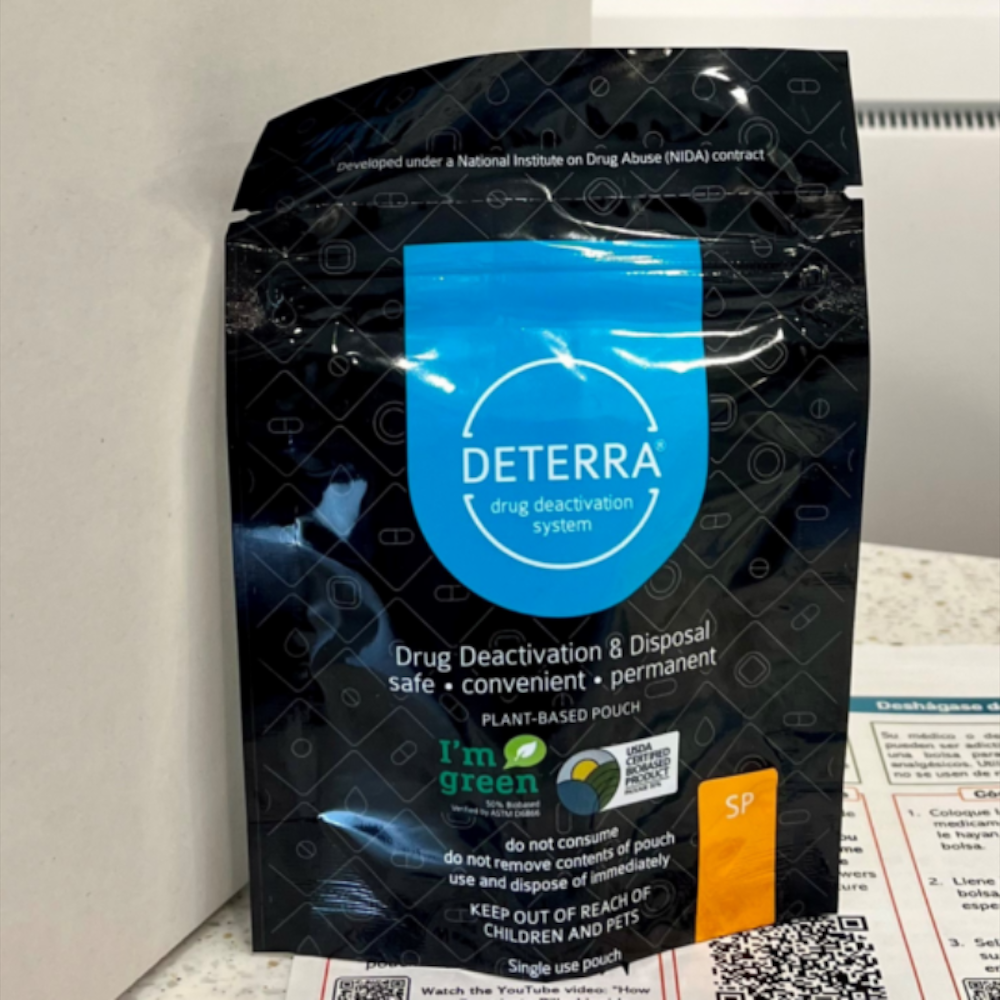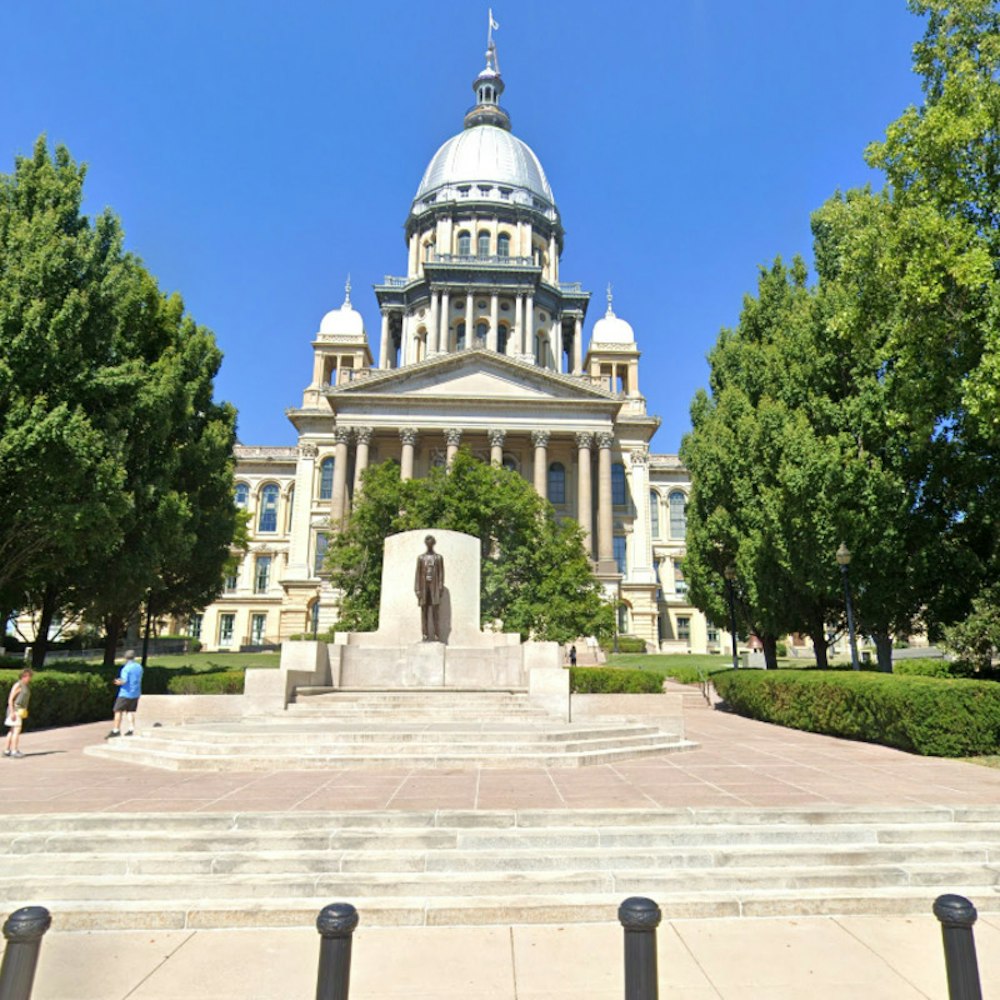
Minneapolis city officials are celebrating a host of legislative triumphs following the close of the 2024 legislative session. The city's legislative team, composed of various leaders and the Governor's office, delivered noteworthy success stories in key areas such as affordable housing, traffic safety, and climate action – all pivotal for Minneapolis residents and the cityscape. According to a report from the City of Minneapolis, Mayor Jacob Frey praised the "persistence, patience, and a strategic approach" that enabled the city's Intergovernmental Relations (IGR) team to safeguard the 2040 Comprehensive Plan, thereby ensuring continued progress in the city's acclaimed affordable housing initiatives.
Working through the legislative maze, lawmakers resolved a legal impasse that has loomed over the city's housing projects. In a statement obtained by the City of Minneapolis website, it's clear that the City of Minneapolis couldn't have been happier, detailing how “Minneapolis’ comprehensive plan is consistent with State environmental law," thus providing builders with "essential clarity and stability" to progress with developments. Furthermore, legislation was passed to support the establishment of cooperative housing, a measure that adds to Minneapolis' toolkit for fostering affordable homeownership.
On the homelessness front, City leaders backed a call for a spike in funding for the Family Homeless Prevention and Assistance Program (FHPAP), resulting in the allocation of several million dollars for 2024. “City staff and the Minneapolis delegation worked tirelessly against a complex and dynamic set of circumstances to deliver for Minneapolis,” Margaret Anderson Kelliher, Minneapolis City Operations Officer, underscored the collective action taken amidst the multifaceted legislative landscape. The efforts she described focused on areas of affordable housing work, laying the foundations for a stronger community safety infrastructure, as well as measures to address the looming crises of climate change.
Addressing public safety, the City of Minneapolis also sought to fill the voids left by police staffing challenges by mobilizing resources and new technology to enforce traffic laws – a strategy that won't require additional personnel. Moreover, the introduction of traffic cameras, a long-standing debate in the city, will now become a reality, aimed at mitigating the risks of hazardous driving acts. Katie Topinka, Minneapolis IGR Director told the City of Minneapolis, “Every member of the Minneapolis legislative delegation showed up and fought for the people they represent,” emphasizing the united front displayed by the city's representatives.
The push for a revitalized downtown also gained traction, with the Mayor's Vibrant Downtown Storefront Workgroup advocating for the potential conversion of Nicollet Mall into a pedestrian-only zone. This vision took a step forward as the City successfully obtained the legislative ability to establish pedestrian malls. In terms of environmental strides, the City scored a win with Extended Producer Responsibility initiatives, pushing manufacturers to bear the costs of waste management through the Packaging Waste and Cost Reduction Act, and pursuing funding to scale up community tree-planting to offset carbon emissions, components considered essential to Minneapolis' local climate action agenda.
Overall, in endorsing a yearly legislative program, the Minneapolis City Council and Mayor propagate a transparent and prioritized guide for their legislative squad, a practice aimed at steering the team's focus during the consequent legislative convocations.









